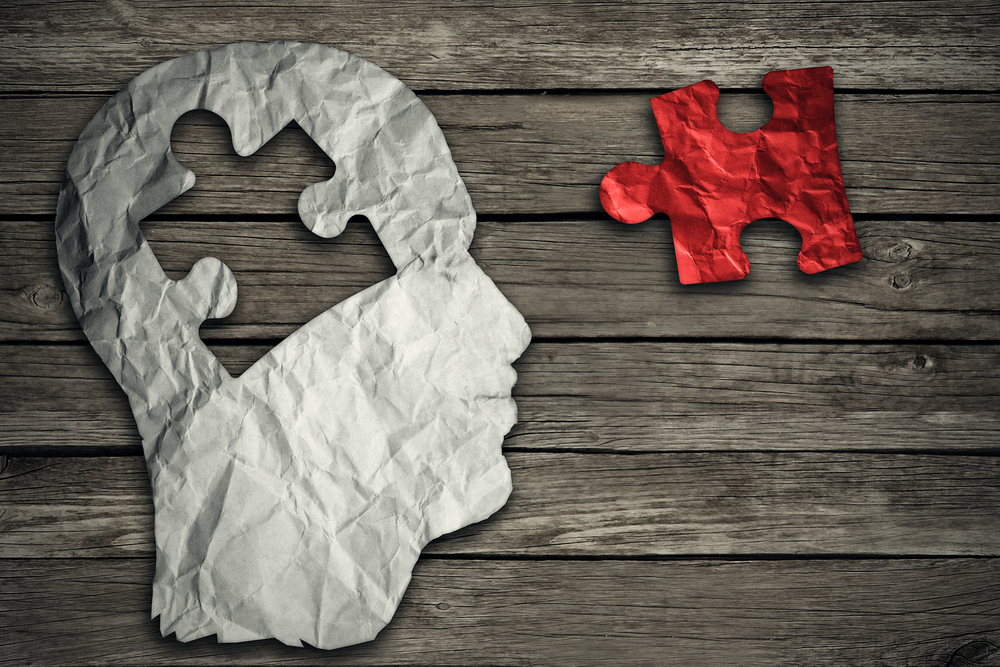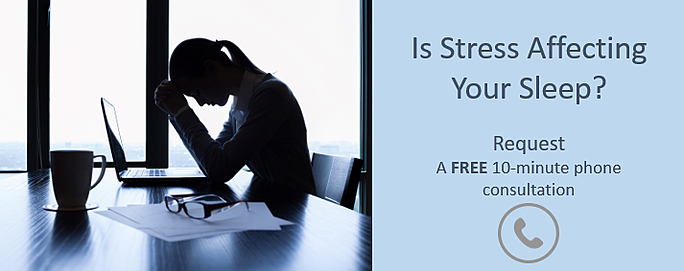
Improved performance
Better memory, quicker reaction time
Boosts mood
Increases alertness
Decrease fatigue
relaxation
People who sleep less than seven hours each night face several health problems like depression, asthma, heart attack, and others. Some of the health problems are risky for life since those people are in danger of stroke, heart attack, and heart diseases. Therefore, it is important to sleep at noon to be fit and healthy. It is good for physical and mental health.
Is it good to sleep in the daytime?
For the majority of people napping in the daytime, it is highly beneficial. As per the researchers, daytime sleeping that should be from 15 to 90 minutes improves the functions of the brain ranging from creativity and memory. For the majority of people, napping is the source to improve their physical energy and mental health.
A healthy person needs to sleep nine hours at night. Sleep problems can leave a negative impact on your health. You may show poor performance in your workplace and other social relationships. It leads to various other problems like accidents, injuries, behavior problems, mood issues, memory, concentration, learning problems, performance problems, and many more.
As per a survey, it is noticed that those who suffer from lack of sleep may have issues with other people. Both habitual and non-habitual nappers performed better on long-term memory tasks after an afternoon nap as compared to controls. Habitual nappers demonstrated improved performance on both short and long-term memory tasks following an afternoon nap as compared to those who remained awake. Learn more about the benefits of napping in the below lines.
Good for memory improvement
We all know that sleep’s effect on health is to improve the reasoning skills in a person. With the help of logical reasoning skills, people can learn how to use their memory reserves. Reasoning and memory go hand-in-hand when it comes to solving problems. Napping and proper sleep improve memorization and develop the following sort of memories.
Motor Memory
It is memory-related to recalling muscle coordination and special movements.
Verbal logical memory
It is the ability to use and store verbal information.
Visual shape memory
This type of memory distinguishes and recognizes visual elements, colors, faces, forms, images, and pictures.
Emotional memory
The ability to connect and capture a feeling to relevant events. It is helpful for a child to learn new material.
Good to solve the problems
With the appropriate sleeping pattern, a person is able to boost his logical thinking and understanding. It is useful to solve problems in routine life. Moreover, it helps to improve their mental functions and increases their cognitive activity. The reasoning is helpful for people to build their basic skills like the sense of achievement, patience, goal setting, concentration, and shape recognition. They learn how to tackle different hurdles and how to solve their problems without much effort. It builds fine motor skills and hand-eye coordination.
Encourages creativity
People who have good mental health are scientists and mathematicians. They use to engage in focused activity and improve introducing them to creative decision-making. To improve your logical thinking ability, improve your sleeping pattern, and have a little nap at noon. The sleep effects on mental health are several and these are positive for mental fitness.
Good to solve puzzles and brain exercising
We all know that solving puzzles is great fun. Puzzle-solving is a wonderful brain exercise, and it offers several mental benefits in personalities. Moreover, reasoning or logical thinking can help in puzzle-solving. If you have an active brain, then it helps them to think and understand the given task. In this way, people make a strategy to solve the problem without making fewer mistakes.
Napping stimulates the brain to be more active and respond quickly. By focusing on the storyline and words, motivates the brain and encourages cognitive functions. This stimulation helps sharpen a person’s mental skills, and they can be an active part of society.
No stress and tension
Adults who developed reasoning skills do not experience depression, stress, and tension. They have solidity towards their goal, and they perform with the confidence to handle the problem. It releases stress levels and helps to relieve anxiety and pressure on the mind. Specialists suggest brain exercises to those suffering from severe tension and anxiety because these exercises keep you busy and give relaxation of mind.
Poor sleep promotes Slow learners
People who do not prefer relaxation and napping in the noon, are losing their performance and efficiency in fact. Those people cannot be able to respond quickly and interact with their peers in a better way. They experience delayed reasoning skills and trouble telling time, lack of concentration, trouble following directions, clumsiness, and many more. Therefore, you need to be active at your workplace. Your energy and good mood are important to improve your relationships with others.
Final Verdict
Developing relationships with others can make your perspective stronger. It provides you more chances to develop your learning skills. To improve your behavior in routine life, it is important to give a break to your tired brain. Napping provides relaxation to your tired nerves and muscles related to the brain. In this way, you can save yourself from anxiety and stress. Those factors can lead to depression.
You must think actively. Thinking logically is an ability that is ideal for raising mind skills. You can improve it with the help of mind games that sharpen up the memory. It helps you to keep your brain in a healthy condition. Some brain exercises and good sleep practices can help in keeping their brains sharp and memory active.
The best advice is to try napping and see how you feel. However, if after following these recommendations you’re still feeling tired throughout the day, and constantly fighting sleep, you may have a more serious sleep disorder, such as obstructive sleep apnea. If this is the case, no amount of napping will help you feel more rested.
If you live in Alaska and you would like to speak to a sleep specialist about benefits you can receive from napping, or if you believe you have a more serious sleep disorder, please click on the link below.
Author Bio:
John Robet has been a technical writer and a blogging freak at OffersNReviews. As a writer, he is passionate about technology, health, gadgets, and many more. He loves helping analytic users and reaching their goals. Apart from this, he loves traveling and surfing the net.












